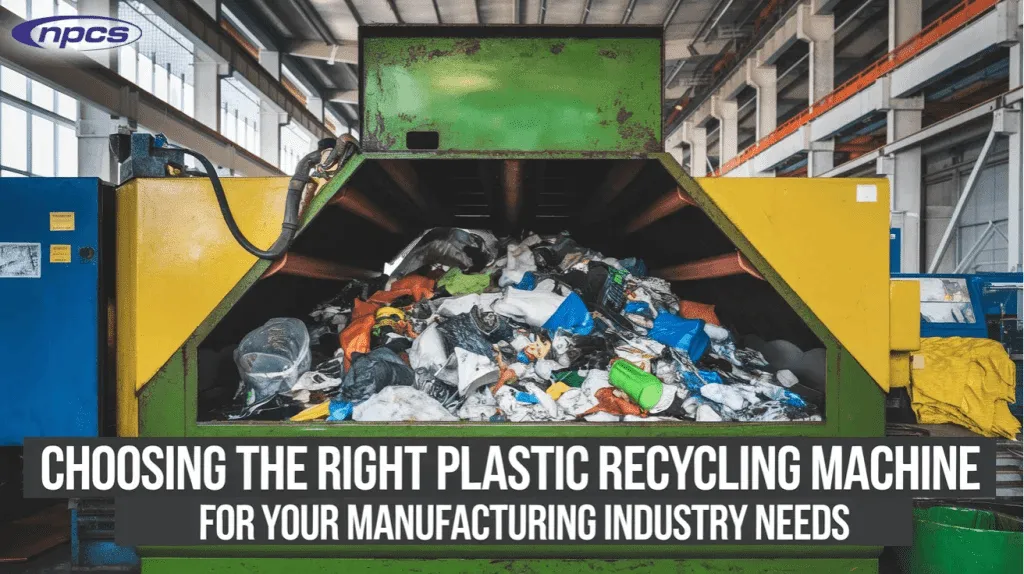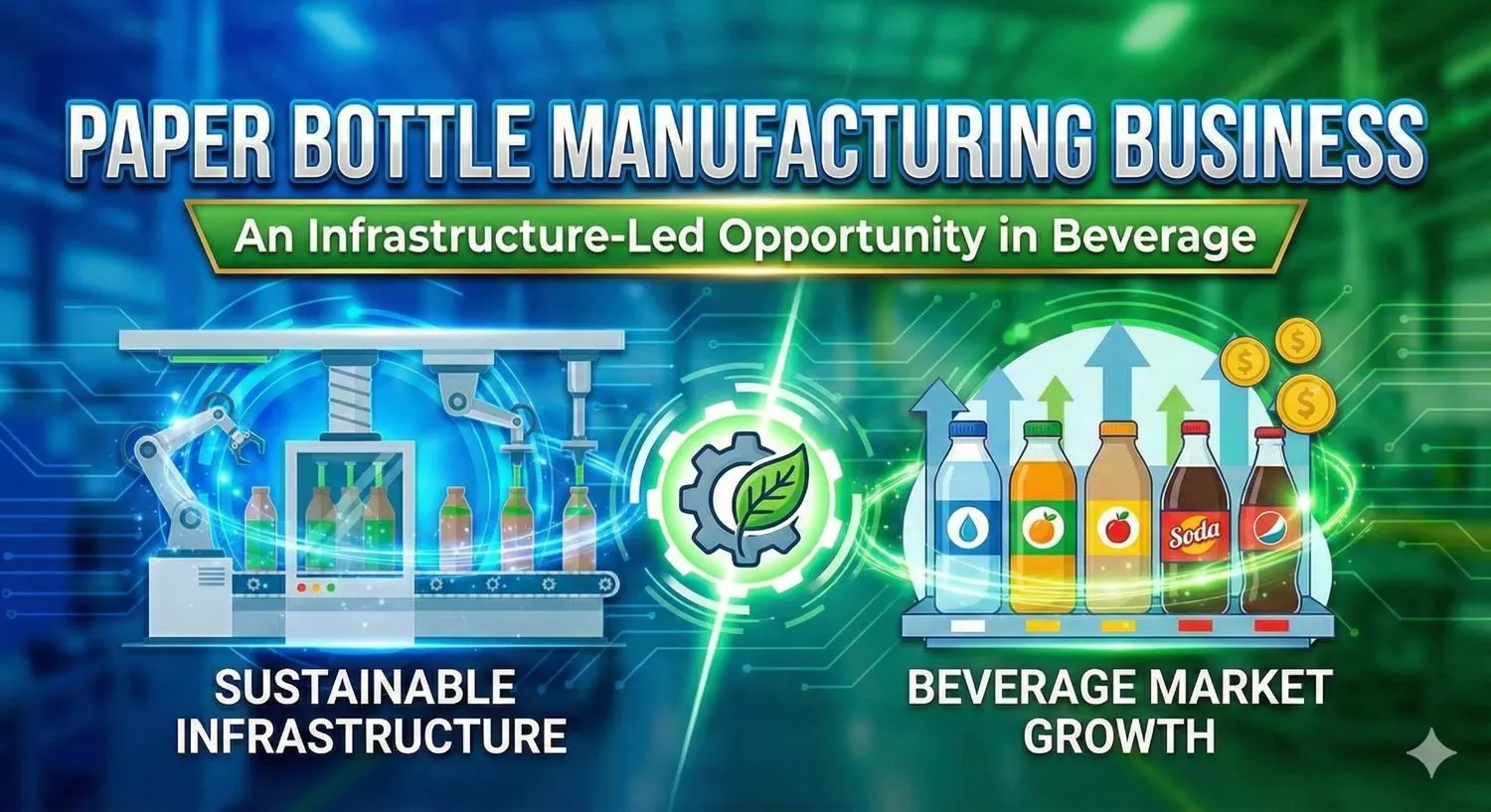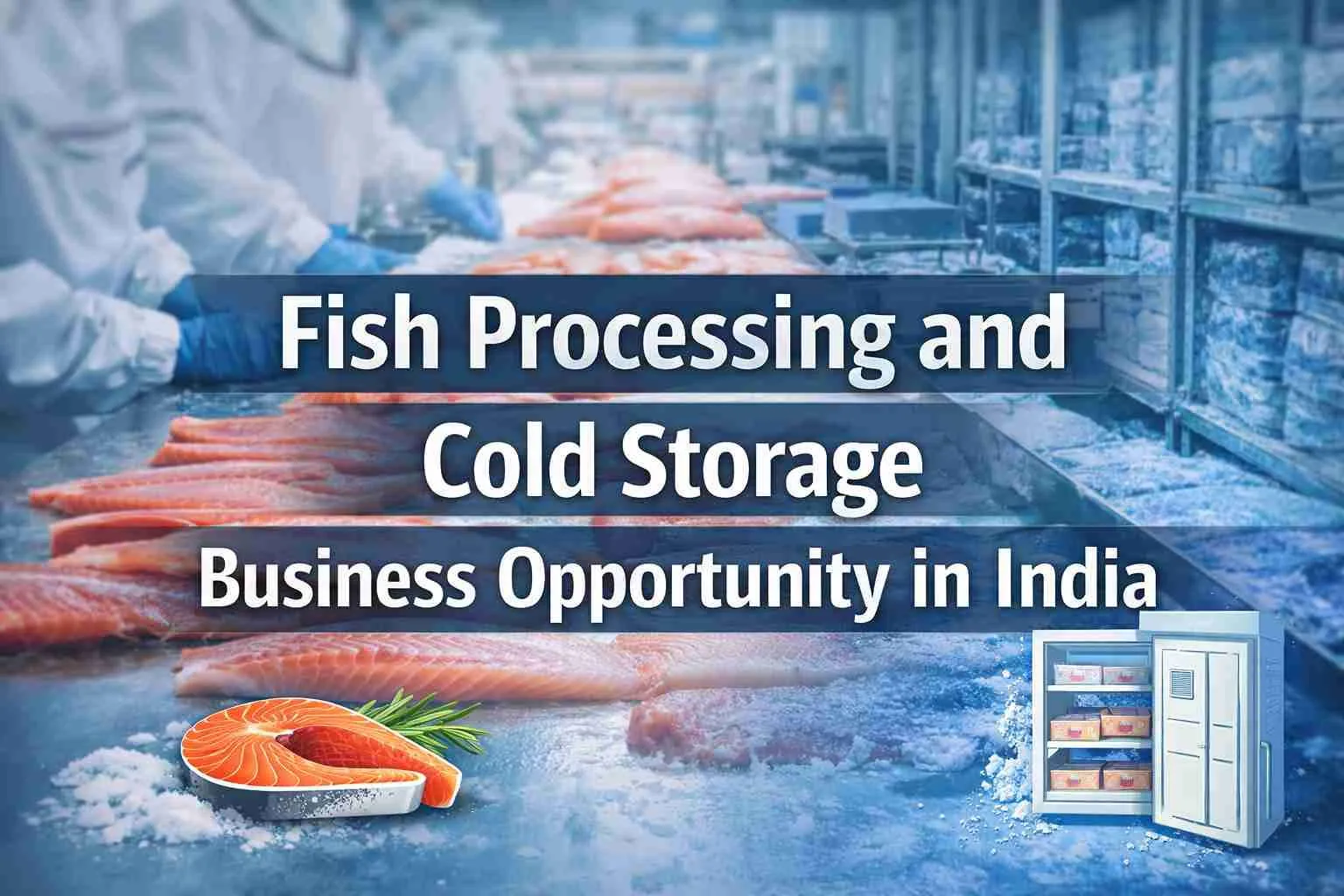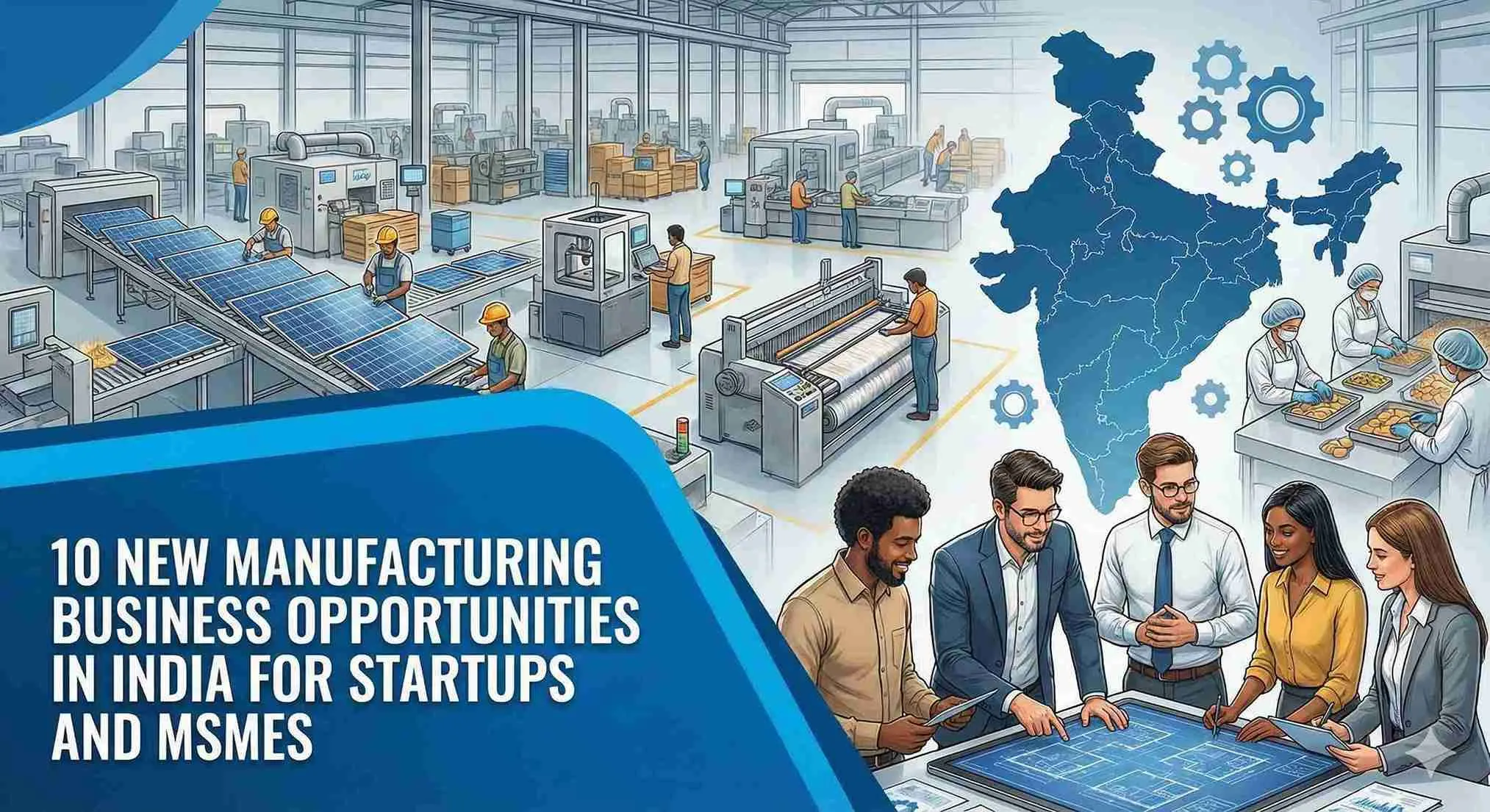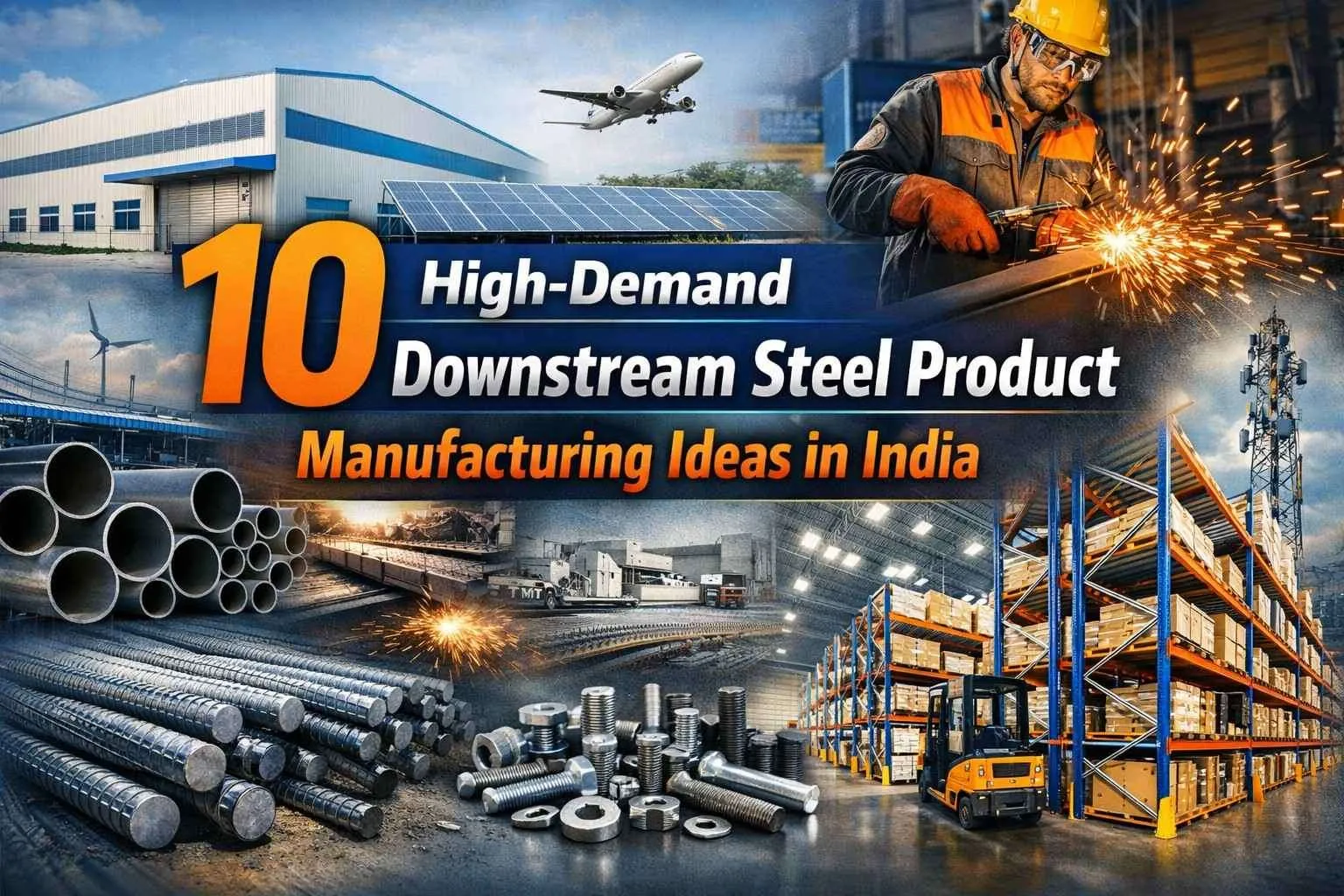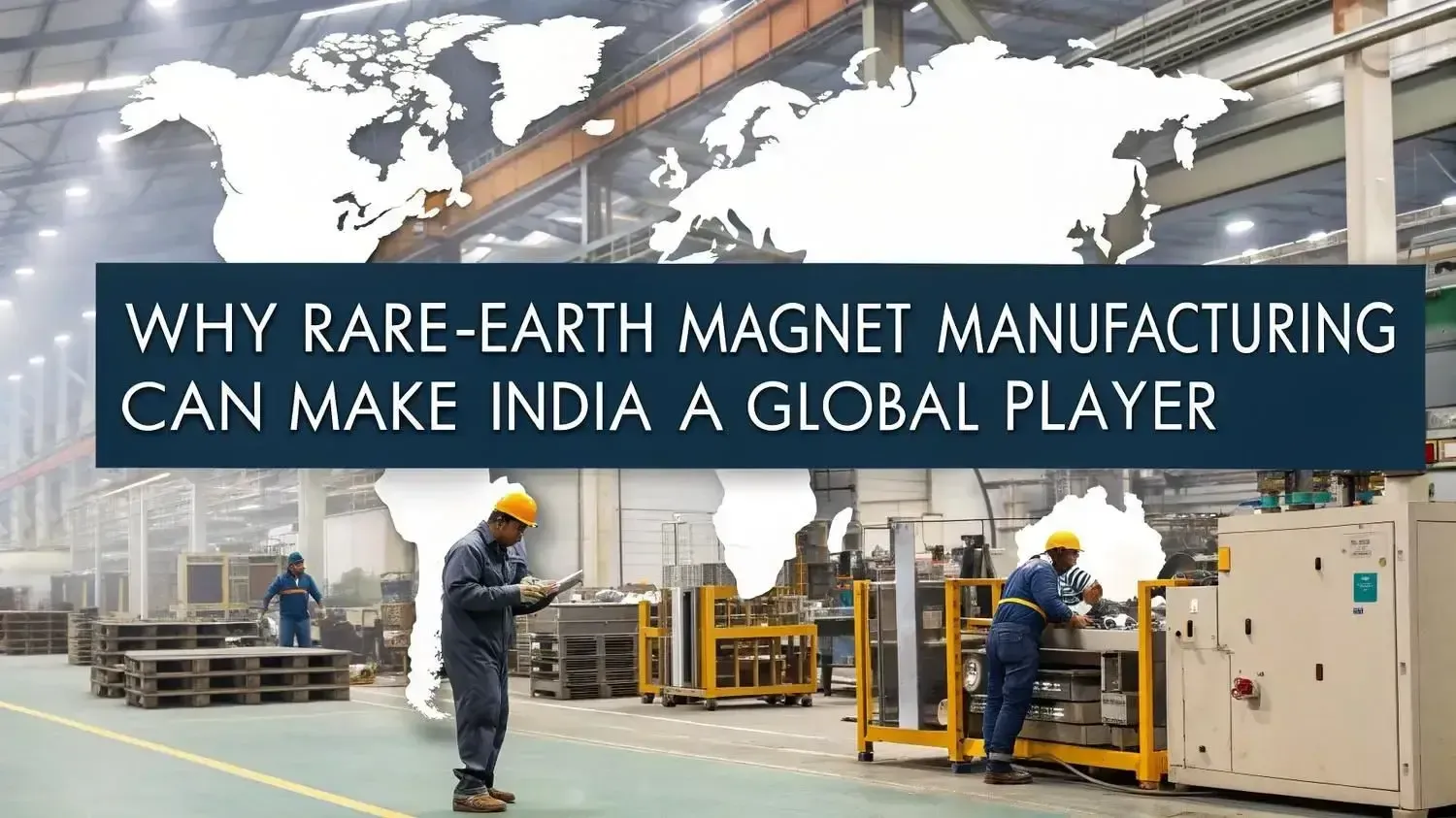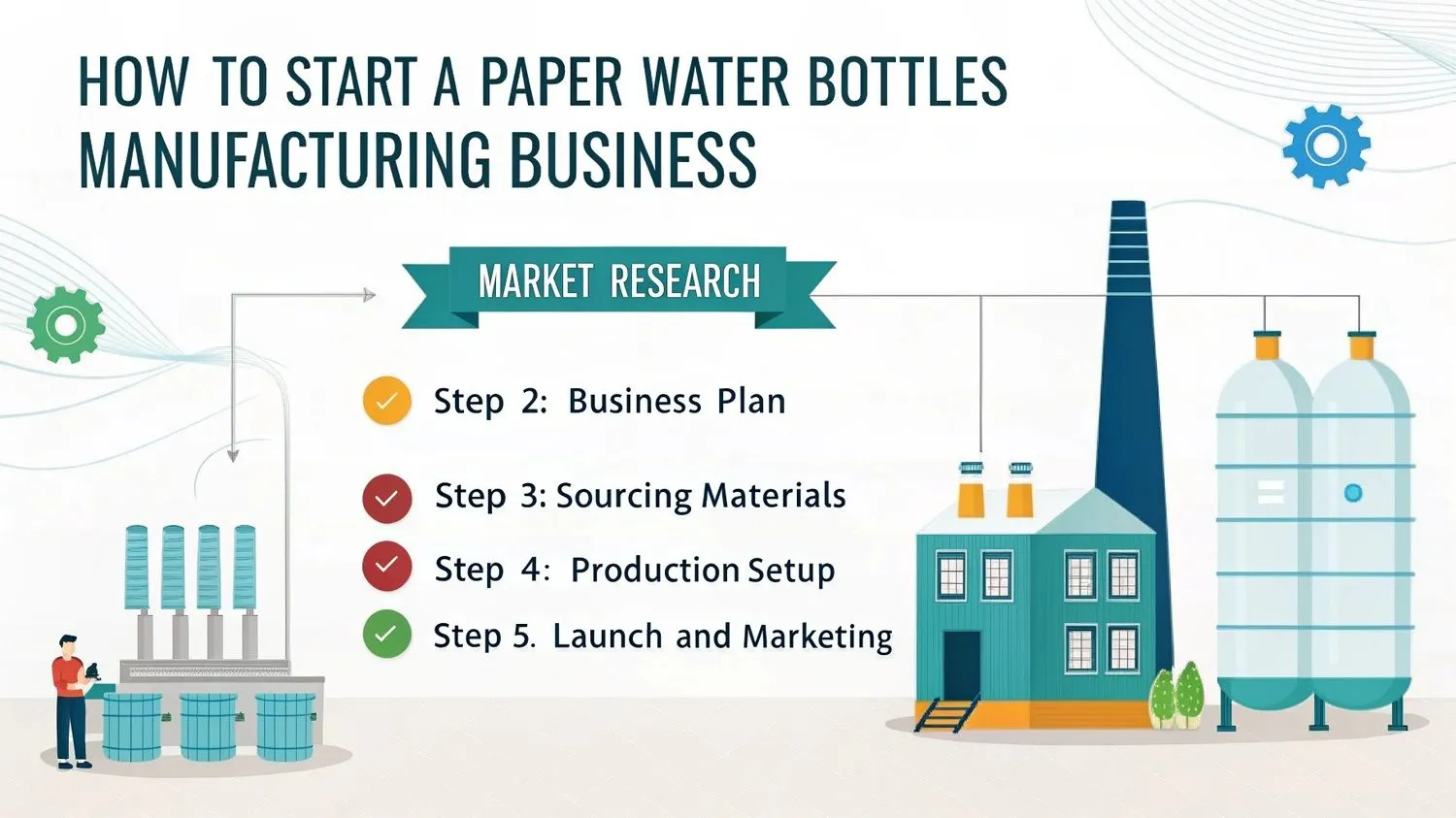The recycling plastics industry has now become an essential part of sustainability efforts in contemporary manufacturing industries. The right plastic recycling machine is a critical selection to be made if the attempt is to achieve operational efficiency while meeting environmental responsibility. This article takes the reader through all the necessary factors to consider when making this choice.
Contents
- 0.1 Understanding the Types of Plastic Recycling Machines
- 0.2 Benefits of Investing in High-Quality Plastic Recycling Machines
- 0.3 Advanced Features to Look for in Modern Plastic Recycling Machines
- 0.4 Common Challenges and How to Overcome Them
- 0.5 The Role of Plastic Recycling in Building a Sustainable Future
- 1 Frequently Asked Question
Understanding the Types of Plastic Recycling Machines
There are so many different forms of plastic recycling machines that serve varied recycling needs. Some of these are shredders, granulators, extruders, and washing lines. Knowing all the characteristics of these ensures industries can get the best from their machines.
- Shredders: The primary purpose is size reduction; they usually break down bulky pieces into smaller manageable pieces. They are best suited for large-sized inputs like bottles and containers.
- Granulators: They further reduce these materials into very small granules suitable for recycling back into processing.
- Extruder: They recycle granules into new products for production, such as films or pellets. It plays an important role in the manufacture of good-quality recycled material.
- Washing Lines: Washing lines clean and decontaminate the final product plastics from impurities.
The correct choice of machine will depend on the activity being operated. High-capacity granulators would suit a company whose business is granulated plastic for resale. It is important to research the types of waste produced and production objectives in order to focus the options.
Key Factors to Consider When Choosing a Machine
Choosing a recycling machine for plastics for the organization in the manufacture requires taking a number of considerations:
Material Compatibility: Different types of plastics can be processed by different machines. Some can process PET while others would accept only HDPE or PP. Hence, your chosen machine should be matching with the plastics-most-frequently-recycled.
- Production Capacity: What about the average volume of waste the plant has obtained per day? High capacity machines will suit big operations while smaller ones are handy for small-sized setups.
- Energy Efficiency: Machines are energy efficient machine where almost all the costs in operations reduced while minimizing environmental impacts.
- Requirement for Maintenance: Some machines are high maintenance types and it could lead to production downtime. Therefore, you need to work out the maintenance cost of the machine prior to buying.
- Cost and ROI: Upfront cost verses long-term benefits has to be balanced. An appropriate selection of the machine will generate revenues from reduced raw material costs and increased production output.
Also Read:
Balancing your initial cost understanding with long-term gains is necessary to maximize returns. Visit EntrepreneurIndia.co for detailed reports and subject matter experts on determining equipment suited for your needs. Their sources lead businesses to cost-effective and sustainable avenues. Thus with the analysis of these variables, a manufacturing industry can therefore select sustainable means of operation with maximized profit.
Benefits of Investing in High-Quality Plastic Recycling Machines
Investing in an appropriate plastic recycling machine brings some very nice environmental and economic advantages along with it:
- Reduce Costs: In-house-plastics recycling decreases manufacturers’ dependence on virgin material, thus saving injection molding manufacturers a lot of money.
- Reduce Environmental Impacts: Recycling wastes more from landfills and conserves resources that allow businesses to be compliant with their environmental regulations.
- Better Efficiency: High-performance machines increase output and minimize time wasted.
- Promoting Product Development: Repurposing of recycled plastics into new totally different products will introduce entirely novel sources of revenue.
- Brand Reputation: Most often, companies that adopt or promote sustainable practices tend to enjoy added credibility on the market.
That effectively means companies can be green manufacturing beacons if they adopt machine technology aligned with these benefits.
Advanced Features to Look for in Modern Plastic Recycling Machines
Modern sophisticated plastic recycling machines is full of modern attributes to enhance production efficiency in manufacturing industries. The attributes serve industries that are after superior quality outputs with lower operational costs.
- Automated and AI Integrated Machines: Automation embarks less human hands, which further develop accuracy and complementarity. An AI capable machine can read and analyze what kind of plastic is there and also optimize the treatment of recycling.
- Multi-staged Processing: Most of the machines now have an integrated shredder, washing, and extruder, which require much less space and accelerate production speed.
- Mechanisms for Reduced Energy Consumption: Energy losses have been significantly reduced with the introduction of energy-efficient motors and heat recovery systems in line with sustainability developments.
- Real Time Monitoring Systems: IoT machine ensures the uptime of real-time data on performance monitoring and predictive maintenance to avoid heavy financial costs of manufacturing downtimes.
- Customized Outputs: These advanced machines enable industries to customize granule sizes or pellets specifications leading to flexibility in use for a variety of products.
Thus, weigh these features to your operational goals while considering the equipment. Costly investment in advanced technology at first transforms into enormous returns in the longer period, increasing efficiency and lowering waste.
Common Challenges and How to Overcome Them
While the advantages are overwhelming, establishing plastic recycling programs in manufacturing industries has its own share of difficulties. Knowing these will aide to make it smooth while building an integration.
- Initial Investment: For example, a good plastic recycling machine would cost the business a chunk of high capital, but they can have the option to lessen such overheads by accessing government grants or leasing the machine.
- Space Constraints: Most recycling equipment is bulky, but such a barrier could be treated by using space-saving equipment that has more than one function.
- Training Requirements: Operators might also need special training to operate some highly specialized and advanced machinery. But with a firm, in-house training program, efficacious and safe training is guaranteed.
- Waste Contamination: Plastics can always be contaminated, and these reduce and can also damage the quality of the recycled material. A sufficiently robust washing system may recommend compromising these risks.
- Changing Regulations: Compliance can be complex in environmental policies, but continual cooperation with local and international recycling standards guarantees a business its place in history.
However, if dealt with at an early stage, these challenges will pave a way for unlocking more potential plastic recycling opportunities for sustainable growth in business.
Read Our Handbook:
- Medical, Municipal and Plastic Waste Management Handbook
- Handbook on Biodegradable Plastics (Eco Friendly Plastics)
- Modern Technology of Waste Management: Pollution Control, Recycling, Treatment & Utilization
- Bioplastics & Biodegradable Products Manufacturing Handbook
The Role of Plastic Recycling in Building a Sustainable Future
There have been incursions into the migration of plastic recycling into manufacturing operations. However, it would concern significant gains beyond their greening. Overall, recycling plastics cuts costs, while also delivering other societal and environmental consequences.
- Lower Carbon Footprints: Less energy is consumed in the recycling of plastics, compared to that used in virgin production; this in turn leads to massive carbon gas emissions.
- Resource Conservation: Recycling decreases dependence on fossil fuels, safeguarding the resources of the present generation for future generations.
- Reducing Landfill Waste: Diverting plastics from landfills prevents environmental degradation and takes away part of the loads from waste management systems.Â
Reduces the amount of waste in a circular economy because these materials can be recycled back into production.
Not only does an introduction of recycling into the manufacturing industry work to promote corporate social responsibility, but it also guarantees long-term profit in a further competitive market. Accumulating this type of sustainable practice sends positive signs to the stakeholders about how much your business cares about environmental stewardship.
Also Read:
Conclusion
A right plastic recycling machine is not merely operational but a forward-looking decision to manufacture industries towards a sustainable and efficient future. By understanding different types of machines and advanced characteristics, and resolving the frequently occurring problems, businesses would be able to adopt recycling into their processes.
NIIR is a one-stop solution for reading quite a good number of useful handbooks, reports, and guides that are related to the plastic recycling world. Whether you want to set up a plant to produce plastics, manage waste, or biodegrade plastics, NIIR.org has all the information needed to facilitate your decision.
Visit NIIR.org today and explore their expert solutions to support your journey towards sustainable manufacturing and innovation!
Contact Us
Frequently Asked Question
What types of plastic recycling machines are commonly used?
Common machines include shredders, washers, dryers, extruders and granulators. Each plays a different role in processing plastic waste.
How do I choose the right machine capacity?
Choose capacity based on your daily waste volume, plant size and future expansion needs.
What factors affect the cost of recycling machines?
Cost depends on machine type, automation level, brand, durability and output capacity.
Which plastics can be recycled with these machines?
Most machines handle PET, HDPE, LDPE, PP and PVC, but compatibility depends on the model.

